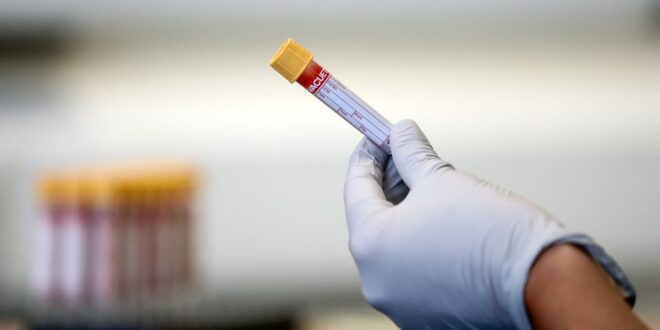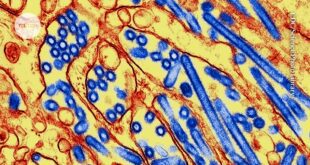Scientists Discover Major Cause of Aging and Potential Therapy
Scientists have identified a major reason why individuals age, which could lead to therapy to slow down the process as well as reduce the risk of blood cancer.
Toxic Chemicals in the Body Linked to Aging
High levels of toxic chemicals in the body, such as formaldehyde, which is best known as an embalming agent, have recently been found to be naturally made by cells and also to cause aging.
Leading scientists from Cornell University, the University of Oxford, the University of Cambridge, and Cancer Research UK are trying to understand what causes the body to overproduce formaldehyde.
It is hoped that drugs may be able to lower levels of it in the body and reverse the aging process.
DNA Damage and Blood Cancer Risk
Scientists have also recently discovered a condition caused by a genetic mutation that prevents sufferers from removing formaldehyde from their system. It affects fewer than one in a million people and can lead to the development of blood cancers.
According to Cancer Research UK, formaldehyde causes DNA damage to blood stem cells, which can accelerate their aging and increase the likelihood of blood cancers.
Link Between DNA Damage, Blood Cancer, and Aging
The research, published in journal Cell Metabolism, identified a common link between DNA damage in blood cancer and aging.
Prof Wang added: “There’s this debate in aging. One side says that aging is a result of slow, gradual, accumulated damage, like riding the same bicycle over the years. Slowly bits of rust and everything makes it not work as well as it used to.
“And then there’s the other camp that says, actually, aging is a programmed response triggered by various stressors that turns a young cell into an older one. What we found is that actually, at least in blood stem cells, it is very much a triggered response, dependent on a protein called p53.”
Further Research and Implications
The team only looked for signs of aging in blood, but it is suspected that aging also occurs in the organs. The team is also investigating whether formaldehyde production is affected by food or other lifestyle factors.
 Mind Uncharted Explore. Discover. Learn.
Mind Uncharted Explore. Discover. Learn.

